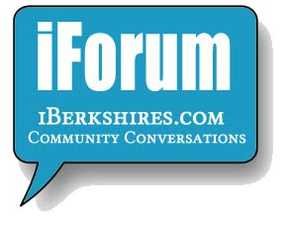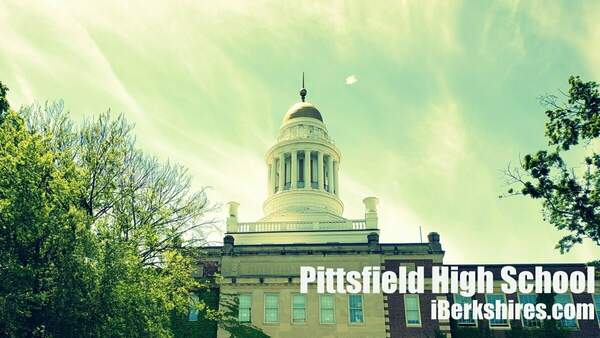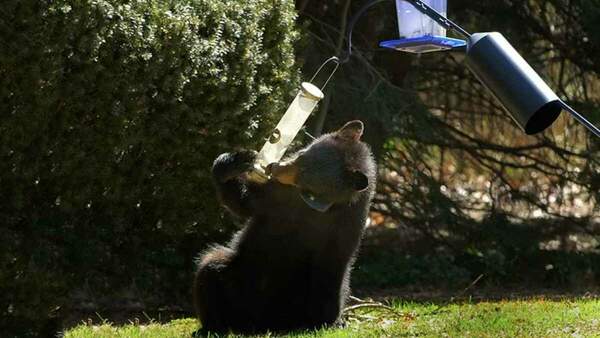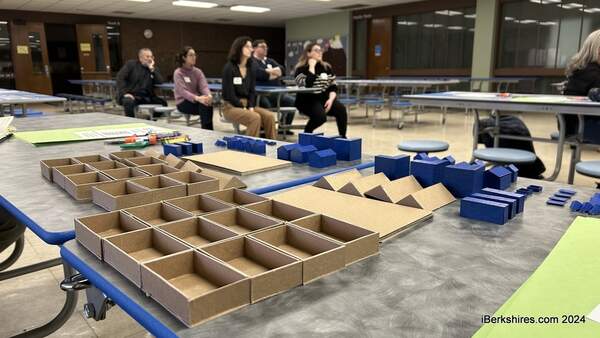Guest Column: Why Are Smoke-Free Homes So Important?
 |
Secondhand smoke comes from a lit tobacco product, like a cigarette, cigar or pipe — and it's not just a nuisance — it's a health hazard and it's dangerous.
Secondhand smoke contains over 4,000 chemicals and poisons, and at least 50 of these are known to cause cancer. It stays in clothing, hair, furniture, curtains, and carpets even after a cigarette is put out and can harm people who come in contact with it, especially children. Keeping your home smoke free is important to ensure the safety of yourself, your loved ones, guests, neighbors, and even your pets.
Secondhand smoke is dangerous, even if you can't smell it. Opening a window, sitting in a separate area, or using air filters or a fan does not get rid of secondhand smoke. Secondhand smoke exposes your family and friends to many health risks. In adults, it causes problems with asthma, poor blood circulation, heart disease, and lung cancer. In children, it causes more coughs, colds, problems with asthma, pneumonia, and bronchitis.
There are simply no safe levels of secondhand smoke.
Many apartments in the state have gone or are going smoke-free. If you live in a multi-unit dwelling you might already be covered by a smoke-free policy. Whether you are or are not, there are steps you or your guests can take to ensure your home is smoke-free. A smoke-free home does not mean a smoker-free home. It simply means that smoking is prohibited inside the building to protect all residents from secondhand smoke.
Make sure you and your guests know what is expected while in your home. If there is a designated smoking space, make sure to know where smoking is and is not allowed. You can obtain a copy of your building's smoke-free policy by contacting your landlord or property manager. If you live in a multi-unit dwelling and don't have a smoke free policy but would like one, try speaking with other residents to build support to talk with your landlord or property management company about creating one.
You can check out makesmokinghistory.org for resources and guidance, including a how-to-go smoke free toolkit for multi-unit housing.
For more information contact, Joyce Brewer at the Berkshire Tobacco Free Community Partnership/Berkshire Area Health Education Center, 413-447-2417, jbrewer@berkshireahec.org; or Jim Wilusz at Tri-Town Health Department, 413-243-5540, jim@tritownhealth.org.
If you or someone you know would like to quit smoking, call the Massachusetts Smokers' Helpline at 1-800-QUIT-NOW or go to KeepTryingMA.org to enroll online.
Joyce Brewer is program director for the Berkshire Tobacco Free Community Partnership at Berkshire Area Health Education Center.
Tags: smoking awareness,















